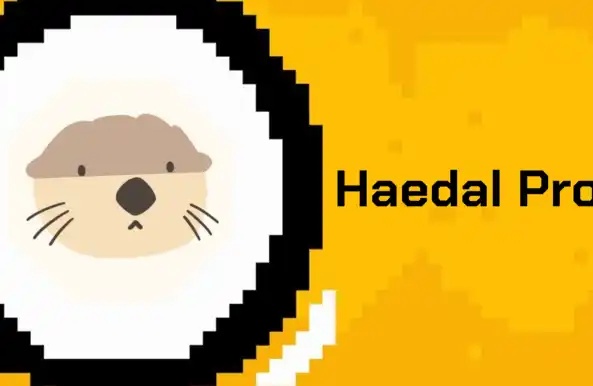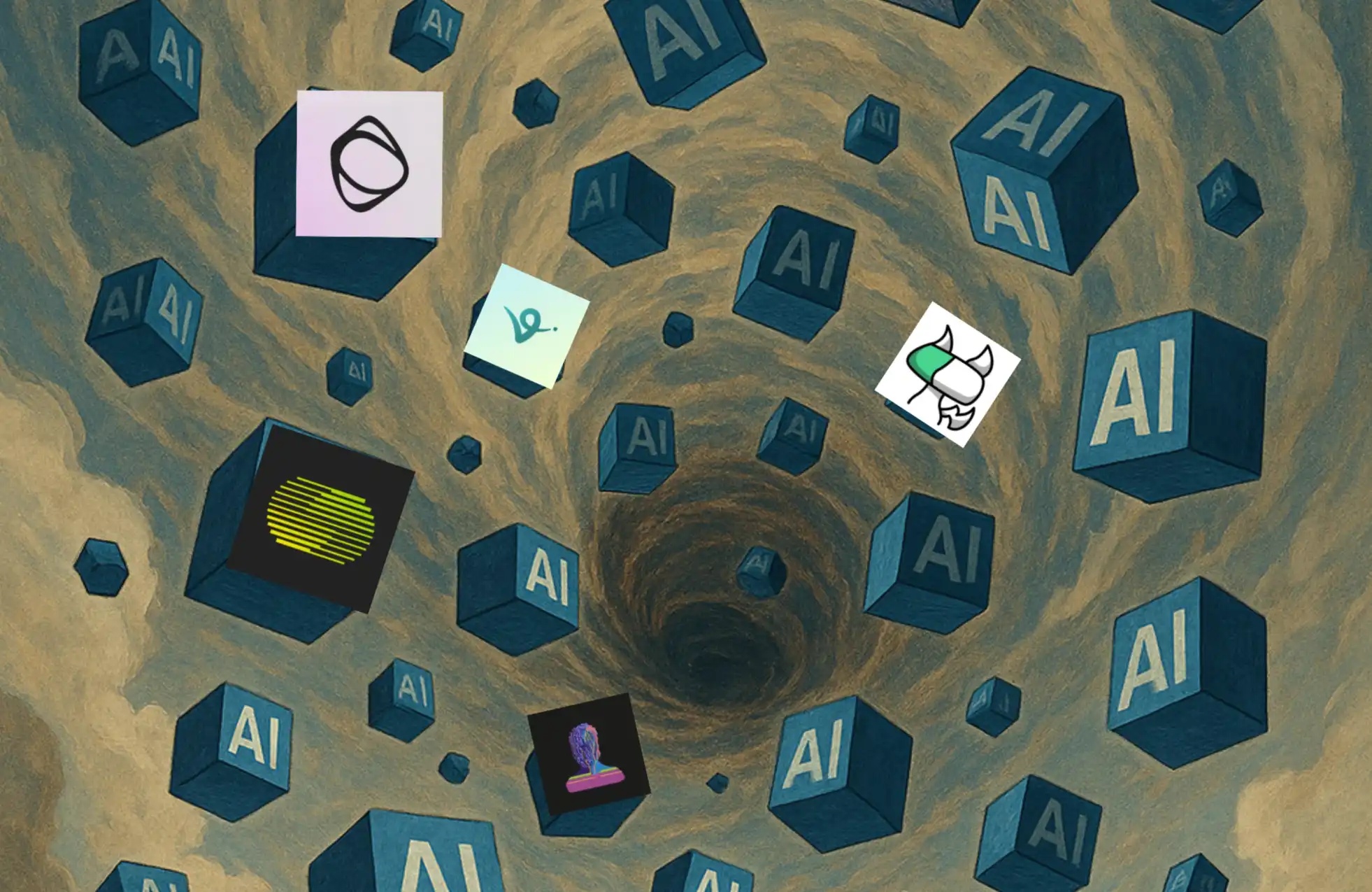What has the DAO profited from so far?
原文标题:《 目前为止,DAO 靠什么盈利? 》
原文作者: Samantha Marin, Quorum
原文编译: RR
This article is from wechat official account:Old yuppie
Think of Web3 as your high school.
DeFi is the home of calculus geeks, graphing calculators and extroverted sportsmen.
NFTS are places for artistic youth, theater stars, band and orchestra members.
The DAO is where all the history and literature nerds go. (I am one of them.)
Things got interesting.
From an everyday perspective, the DAO's work can be quite interesting to fans of DAO history and literature. You might be at a conference and see an ancient Sumerian Zigguart taking up an entire slide screen. You might start tweeting about hunter-gatherer societies. You may use a forum to support your ideas with philosophy and theory rather than accepted business best practices.
For me, navigating the DAO landscape has been an intellectually enriching experience. As a former liberal arts college student, I can talk about theory and ideas all day long. I once wrote thousands of words about a line in an obscure Shakespeare play. I love these things.
But... Even as an English major, I start thinking about the sustainability, profitability and business of what we do. Especially when I see Silicon Valley laying off workers because of the recession.
It feels like DAO has stepped out of an academic-based, theory-loving mindset. That's not a bad thing - it just means we need to be creative when we make enough money to pay contributors and keep it going.
It is a great paradox in this highly financialized space that most DAOs are not profitable. This does not mean that they will never be profitable or that they cannot function as effective businesses. But it does mean that we need to get rid of some of the old ideas about what it means to be a successful business and what a DAO needs to support its core team.
似乎将Token作为自己产品,并仅仅依靠「 Token 上涨」来支付贡献者的 DAO 已经过时了。但当涉及到其他融资模式时,DAO 就会陷入僵局。他们并没有真正推出产品(还没有)。他们有时会提供服务,但这大多是在 Web3 内。他们不大谈论商业策略或利润和损失。
It often feels like we live in a different reality than how business works.
Of course, it's not all about money. But... When you have a team of skilled contributors who devote at least 70% of their working time to the organization (let's get real... Does anyone in web3 work on just one project?) Money is a huge problem which we can't ignore.
I think part of this fear of overtly making money comes from the sheer greed we see in Web2. Platform monopolies, sales of personal data, billionaires. Everything in there has become disgusting. In web3, we want to cleanse ourselves.
We are here to opt out, not opt back in.
But if we don't get serious about making money, DAO will be a very short experiment.
Inspired by Orca Twitter Space and Hasu's I Pledge Allegiance chapter that delves into DAO profitability, I'm analyzing the way DAO combines business awareness with DAO awareness.
Accept the tough decisions and follow the big picture
In the Web2 business world, making a steady profit usually means being relentless about what you release, who you hire, who you fire, how you spend your track money, and where your company is headed. (While these callous decisions are not true in all Web2 organizations, they are certainly a stain). Compared to the open source, public goods and positive-sum spirit of Web3, this feels concentrated and wrong.
But in order to build a lasting business, these decisions need to be made at some point. Unless you're very lucky, I think you'll need to make a lot of tough decisions to get real and sustainable revenue.
Hard decisions are tough for DAOs because it usually takes a compromise to bring a proposal to a vote, and a compromise is usually not a hard decision, but a "both sides are a little happy, but a little angry" decision.
How does the DAO accept "obeying the big picture", that is, choosing a path forward regardless of mutual agreement, rather than going around in circles looking for compromises that don't exist? Especially when you need a pass rate and a voting threshold to move something forward?
One approach is to keep most decisions within the small team responsible for the DAO's funding and critical feedback. Then, let a few decisions go through the voting process -- but these will be big items that require serious debate and discussion.
将大多数决策保留在公会/团队/小团体层面是推动组织快速前进的好方法。但是,这些团队仍然必须服从较大的 DAO(成员、 Token 持有者、组织中的决策组) 以获得资金。
Then, you get a pyramid that looks like this:

Then, the hardest and most critical decisions are made at the DAO level, keeping themes and minor issues within the team. This allows the DAO to focus on some rather than many hard decisions.
Decisions are particularly difficult once they have to be made at the DAO level, which takes longer to reach consensus. So only the most important decisions should be reserved. Like this inverted pyramid:

Another approach to hard decisions in DAOs borrows from the philosophy of Teal: When an organization faces an existential threat, key leaders can use a proposal process (soliciting feedback and suggestions from others about an idea) on a large scale to develop a solution.
Having contributors share responsibility on the issue - in this case, finding a profitable path forward - can help inspire new leaders.
"When employees are fully involved in the advice process in a crisis, they are asked to share responsibility for tough decisions and are trusted to contribute. This is empowering and helps the organisation grow."
-Reinventing Organizations Wiki, Crisis Management
Simply say, "We need to find a way to make enough money while doing X to pay our core team Y. How do we do that?" This is a powerful way to drive the conversation about profitability. Leaders will emerge and new solutions will emerge.
Having a visionary CEO is not a prerequisite for running a great company.... Having lots of great leaders is.
A common idea in Web2 is that a visionary CEO is necessary for a company to succeed. Steve Jobs and Apple, Bill Gates and Microsoft, Elon Musk and Tesla, Mark Zuckerberg and Facebook are all visionaries touted as the best of the best. Web2 business leaders were skeptical of the DAO because the DAO lacked that single vision.
To me, this is like saying that a great nation needs to be ruled by a monarch in order to function: I just don't buy it.
The corporation is so new that I think we are still in the divine right of Kings when it comes to corporate best practices and standards: we are in the 14th century at best.
I believe the visionary CEO's philosophy is more about correlation than causation. In our complex and unpredictable world, in a complex network of other factors and agents, it is almost impossible to attribute causality to any one agent. While these ceos are indeed gifted in their technology and leadership skills, I believe we are moving beyond this phase of work to a completely new one that gives way to democracy.
To me, DAOs are not leaderless: they have multiple leaders with different backgrounds and experiences. Rather than being a figurehead, these different leaders can set the tone for the direction of the organization.
And, as long as they are united by the mission, rather than divided by their understanding of the mission, these leaders can lead even DAOs to a greater mission than a single leader can lead. This is where "obedience to the big picture" comes into play, and moving the organization toward real goals must take precedence over individual egos and perspectives.

Linking this to profitability, the key is for the DAO to have a real goal around which leaders can rally. If there are many self-directed ends competing for resources, the DAO will never make enough money to continue paying its core team. A unified mission is necessary for profitability.
The idea of public goods is sometimes applied to things that are not public goods... This discourages revenue generation.
Using cryptocurrencies to fund public goods without taxation is one of the most revolutionary ideas in the cryptocurrency space. But not everything we build in cryptocurrencies is a public good.
I think a lot of our public goods ethos permeates everything in the DAO space.
In DAOs, we behave like a public good by avoiding talking about how we make money. We don't know when or how to enter the conversation because it feels wrong. When we try to be Regen, it feels too Degen. And since DAO appeals to many people like me who enjoy debating theories and ideas (again, that's not necessarily a bad thing), we could be circling a forum post for years.
在最近一期的《I Pledge Allegiance》中,Hasu 谈到 DAO 通常会把他们的所有收益都送给 Token 持有者,而不保留任何 Token 来运营他们的业务并带来利润。他们希望这些 Token 持有者会通过成为积极的贡献者或参与治理来回报它们,但现实是,大多数 Token 持有者只是抛售了 Token 。
In this case, it is critical to clearly define the DAO's mission and place in the ecosystem early in the organization creation process. Does the DAO build a public good and fund a small core team to keep it running? Does the DAO want to deliver the product, make a profit, and hire a large team? In a DAO, it is important to make such critical decisions early.
Although we are in an ownership economy where users have gained unprecedented power and ownership, DAOs need to balance this with making enough money to take care of their core team. If we treat every DAO as a public good, then taking care of the core team will never happen.
"The future of work doesn't have to be bad" is the best I've heard on Twitter
I spoke to some DAO service providers on Twitter Space, and one of my favorite quotes I heard that day came from Cokie, the founder of Twali: "The future of work doesn't have to be bad."
Because right now, if you're trying to make a living as a full-time DAO contributor, there's no denying that future work will suck.
You may hop between multiple DAOs, trying to collect bounties and assume a series of roles. You're dealing with coordination nightmares and endless meetings. You're trying to advance on a career path, not just follow the crowd. You pay for health care out of pocket and may have trouble getting a loan to buy a home.
The future of work doesn't have to be like this. This is what motivates me to keep working every day to make the DAO better.
And profitability is a big part of that.
We literature and history nerds will find out. But we can't figure it out if we don't look at past businesses, cooperatives, governments and companies.
The original link
Welcome to join the official BlockBeats community:
Telegram Subscription Group: https://t.me/theblockbeats
Telegram Discussion Group: https://t.me/BlockBeats_App
Official Twitter Account: https://twitter.com/BlockBeatsAsia
 Forum
Forum OPRR
OPRR Finance
Finance
 Specials
Specials
 On-chain Eco
On-chain Eco
 Entry
Entry
 Podcasts
Podcasts
 Data
Data


 Summarized by AI
Summarized by AI







